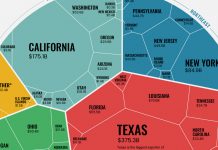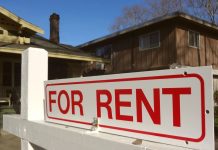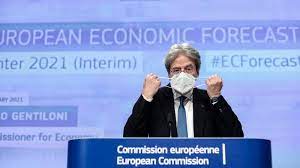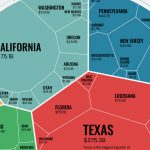The European Union’s money clergymen have flagged their obligation to keep spending however long is expected to battle the current monetary emergency.
Following a video meeting of the EU’s monetary and money clergymen on Tuesday, it concurred that actions to cut expanding obligation ought to just be applied once the recuperation from the pandemic is secure.
Commission Vice President Valdis Dombrovskis says this is probably not going to occur until mid-2022.
“The key rules are, for sure, regardless of whether the economy arrives at its pre-emergency level of 2019 and as of now, as per the colder time of year figure, our evaluations are that this will occur in mid-2022 and from that point is an end that the overall loophole ought to stay initiated in 2022, yet presently don’t start at 2023,” Dombrovskis told journalists in Brussels.
EU part states are limited by the Stability and Growth Pact (SGP) – a bunch of decisions intended to guarantee that part states seek after solid public funds and arrange their monetary approaches.
Be that as it may, because of the size of the COVID-19 pandemic, the “general proviso” of the SGP has been executed, which is just utilized in uncommon conditions to secure European residents and organizations, just as to help the economy after any huge shock.
This is the reason serves likewise cautioned in the video meeting that part states will ultimately need to adjust their strategies at a suitable chance to guarantee monetary maintainability over the medium-term.
As per Eurostat, obligation in the 27-part coalition came to almost 87.7 percent of monetary yield toward the finish of the second from last quarter of 2020, with the figure coming to 199.9 percent for Greece and 154.2 percent for Italy.
German financial expert and overseer of the Center for European Policy Studies, Daniel Gros, revealed to Euronews that stricter spending rules will return at last, just like the standard in the EU under the SGP, yet there could be more concerning issues not too far off for Europe.
“We have saved Europe’s social model in the pandemic, however, I think we have gone excessively far. We have attempted to ensure occupations, failing to remember that over the long haul, we shouldn’t secure positions, yet the laborers,” Gros clarified.
“In the United States, you had a huge number of employment misfortunes and nearly as many individuals have gotten another line of work, an alternate occupation and that is the manner in which the US economy propels, and in the event that you don’t change the worldview on this front, you hazard falling further behind.”
The European Commission will delay until May to settle on an ultimate choice on spending responsibility proposition with the expectation that the inoculation program opens the EU’s monetary recuperation.


































